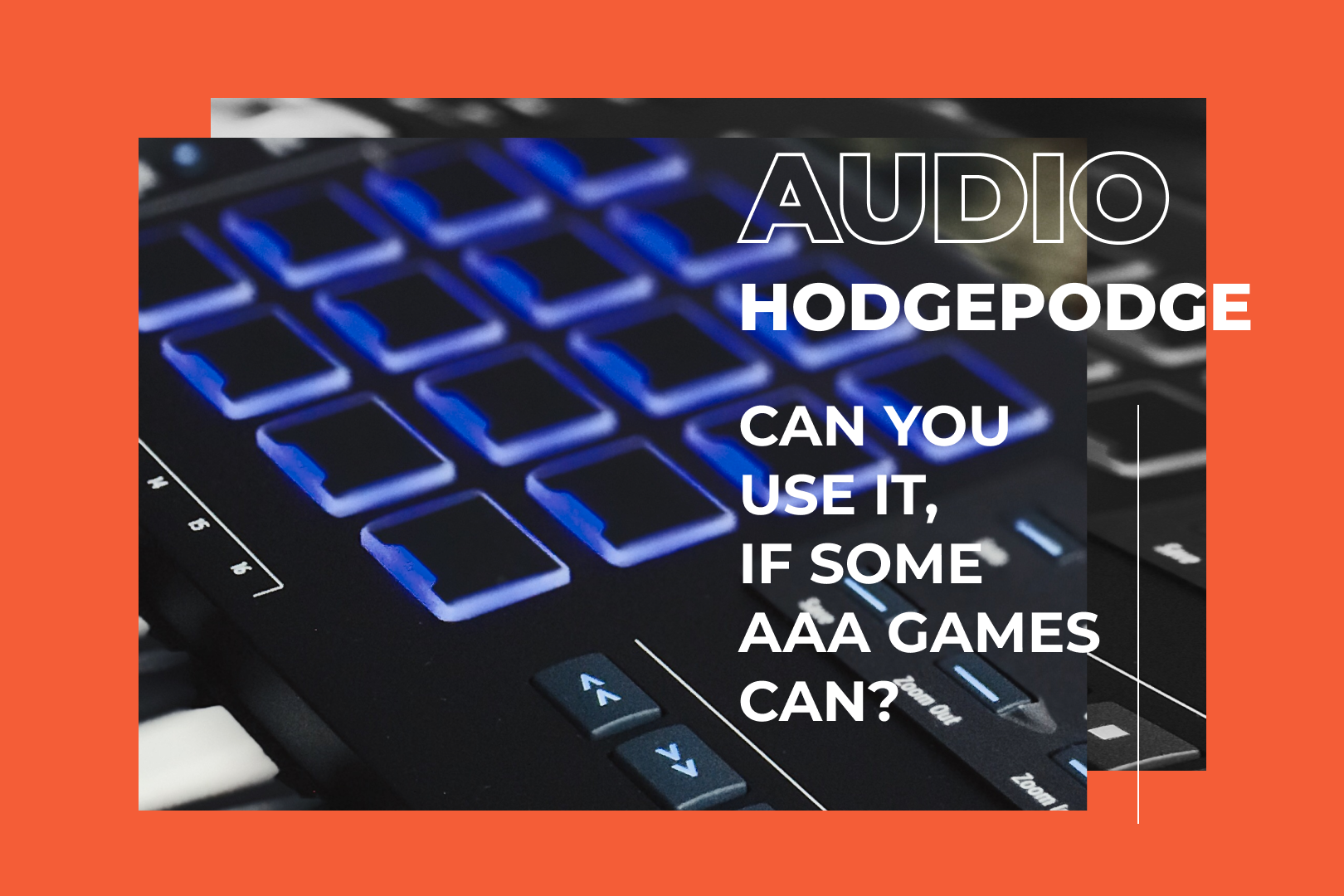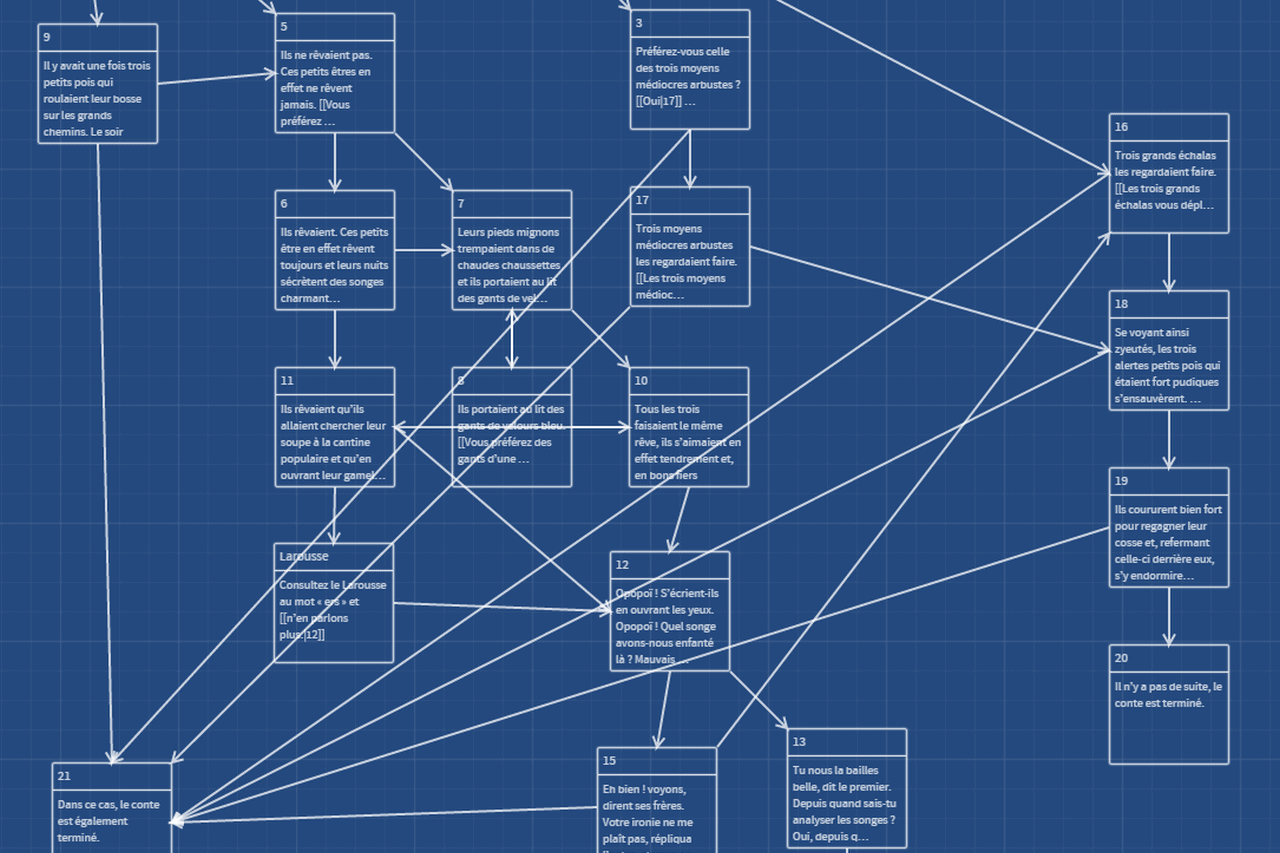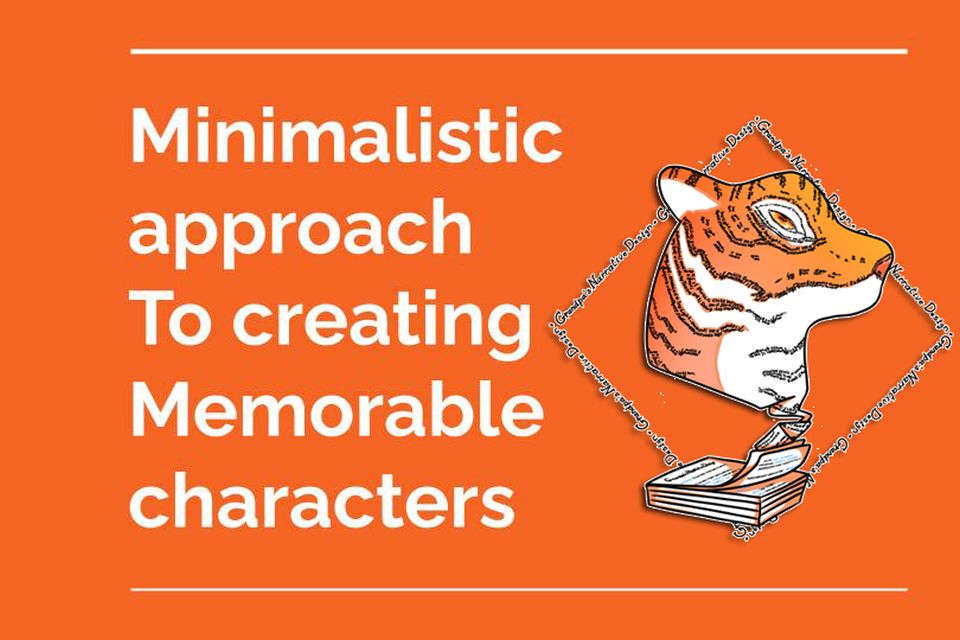Audio Hodgepodge In Games

I hear audio hodgepodge in the games much more often than I would love to. And yet, such a term doesn’t even exist.
That’s precisely why I decided to briefly explain what it is, how it affects the game project, and how to avoid it or how to use it if you really have to.
⏱ 15 seconds to get to know the concept:
What I call an «audio hodgepodge» is the case when in the game, there sounds and music of different origin: created by an audio specialist, licensed or bought from libraries, and in some severe cases, just found somewhere on Freesound.
As I can say from my experience, such a jumble indicates that there wasn’t enough:
– time;
– money;
– specialists on the project.
At times, it can also indicate that developers don’t care much about the players’ experience, but I prefer not to believe in that. 🙂
Most often, projects that have audio hodgepodge don’t have a general audio concept. It leads to inconsistency in terms of sound, as well as some negative consequences:
– the general impression of the game is getting worse because nobody likes sloppy work;
– the players experience fewer emotions, and this can lead to less engagement and shorter game session;
– the whole game starts to feel cheaper: just a few lousy sounds do make the person think that everything else is on the very same level.
And yes, an extreme audio hodgepodge won’t allow your project to stand in line with AAA games, although their developers are also using it. 😈
For example, in Detroit: Become Human, part of the soundtrack was licensed from the Audio Network library. But I highly doubt that the average player noticed it before watching the final credits, as it was blended in the rest audio concept so professionally.
And that means that you can indeed use audio hodgepodge and avoid those negative consequences I was talking about before. Just do it wisely.
If you want to make it work, you have to:
– think about the general audio concept beforehand;
– hire a specialist who will choose some effects and music to blend in, process them and implement into the project;
– test the audio in the game to make sure it sounds just right.
Professionally assembled audio hodgepodge will do a functional job (it means, perform main tasks audio needs to perform in a game), but your project will still lack emotions. And that means -1 point to your competitiveness. So I recommend that you think twice before making this choice.





